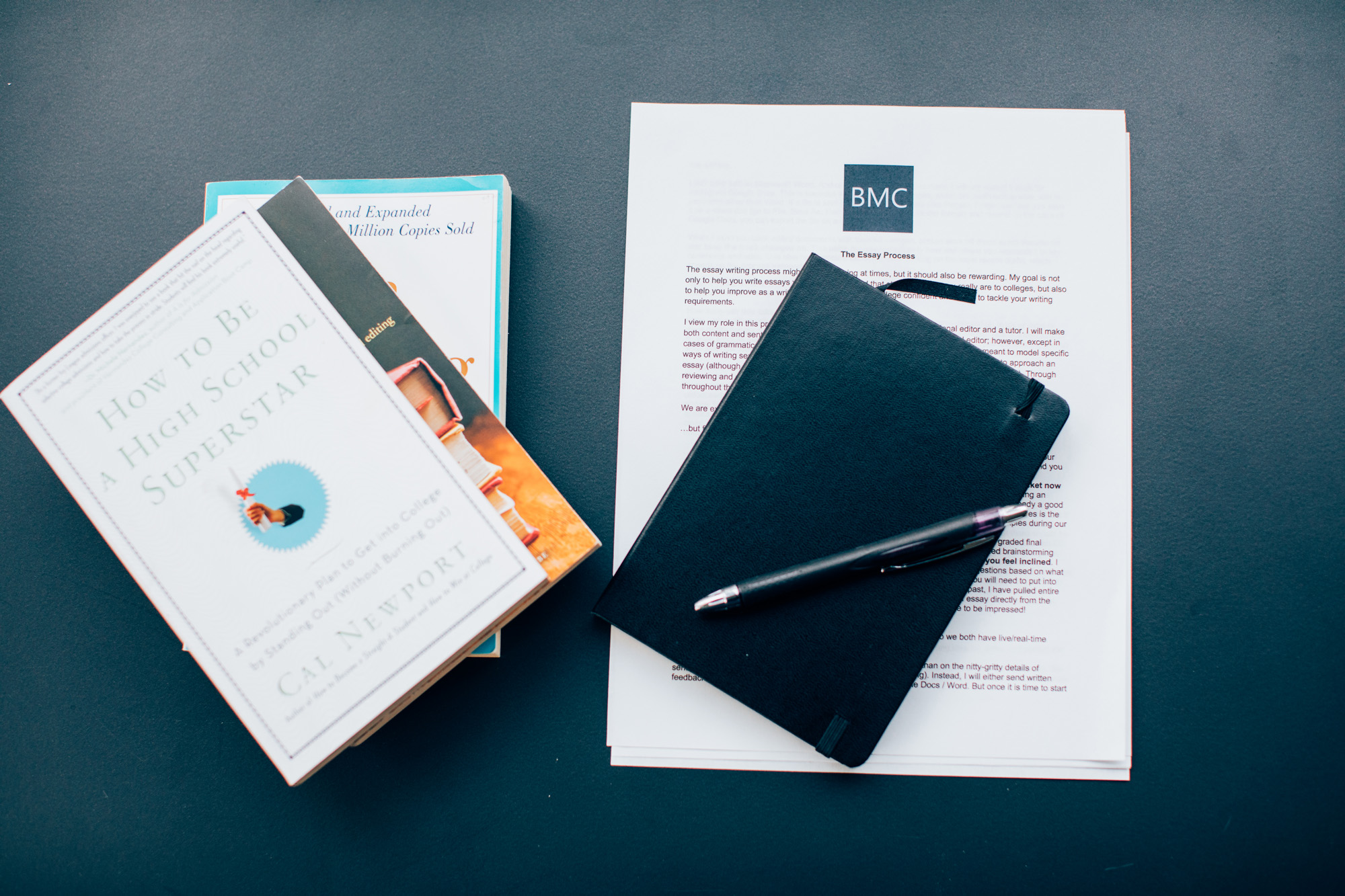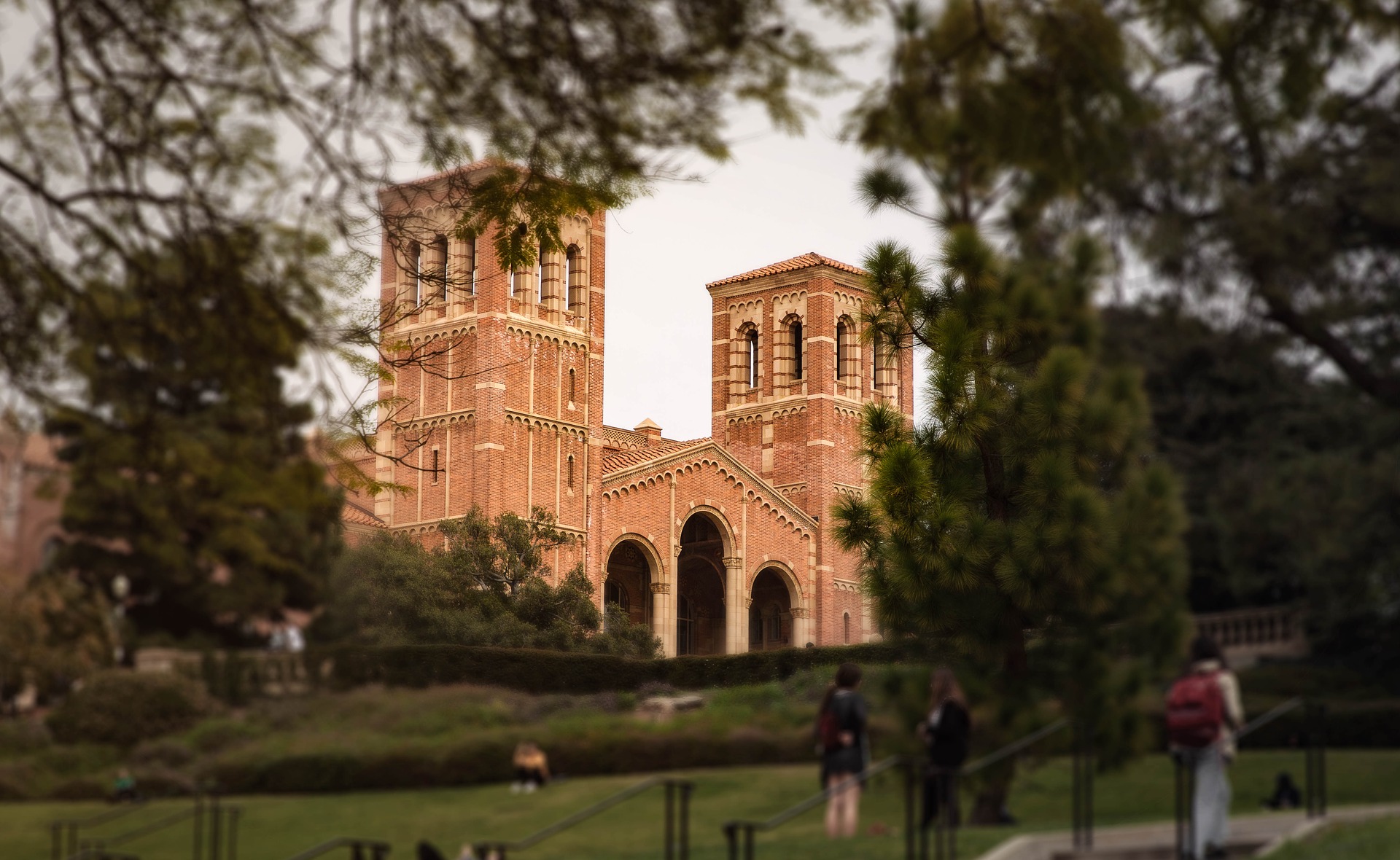Reminder: It’s Okay To Do Less
We are entering the time of year when we re-post old (sometimes very old) posts. This subject seems relevant as we approach summer (and in the midst of COVID, when doing more can be tough anyway).
Colleges look for students with something unique, a specific talent, skill, or interest to add to their next class. Students who drill down on an interest or two early on in high school will be better positioned to tell a clear, focused story in their applications. By doing so, they hand the reader of their file exactly what they are looking for—they make it easy to see the value you will add on campus.
This might mean doing a lot of exploration early in high school and this is okay. However, don’t be afraid to find something you like, drill down on it, and not do too much else extracurricularly. You don’t want a resume that reads like a laundry list anyway.
Here’s what a few top colleges have to say on the subject via Niche:
- “You [should] demonstrate a deep commitment to and genuine appreciation for what you spend your time doing. The joy you take in the pursuits that really matter to you – rather than a resume padded with a long list of activities – will strengthen your candidacy.” –Yale’s advice on Activities
- “When we evaluate an applicant’s activity list, we’re not looking for a specific number of involvements or even specific types. We are much more interested in seeing an applicant follow their passions and show dedication over time to a few specific involvements rather than spreading themselves too thin.” –USC Admissions Blog
- “We are looking for students who will contribute their talents, interests, perspectives, and distinct voices to our community… We are more interested in your focus on a few activities over time (such as work, care for parents and siblings, service, or athletics), rather than membership in a long list of clubs—although we understand that some students can balance an assortment of activities.” –Swarthmore College, “What We Look for in a Swattie”
- “You’re joining a team. And because we’re recruiting a team of people who will work together, we want a variety of strengths and talents that, together, will form a whole that is greater than the sum of its parts. So, not every talented student needs to be talented in the same way.” – UNC-Chapel Hill, “Who We Want”
The question I ask a lot when thinking about activities: How much can you meaningfully contribute to more than a few activities? Narrowing down your interests and corresponding activities can provide the time and space needed to engage more meaningfully and at a higher level in the one or two things you love the most. It’s a bonus if these activities relate to your potential college major, or support it in some way!
Remember, colleges seek to build a well-rounded class comprised of students with unique talents and skills, not a class full of generalists.
*Stay in the know! Subscribe*









